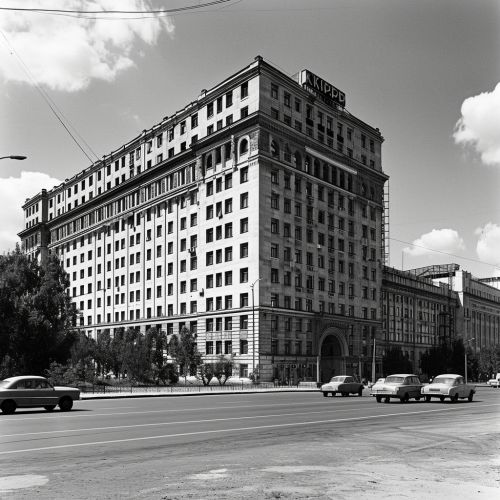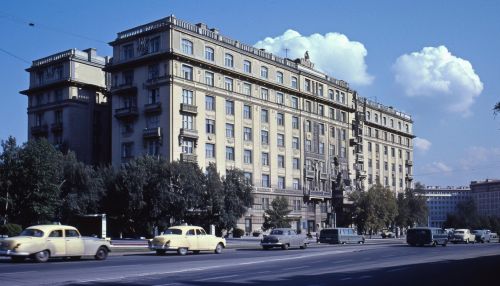NKGB
History
The NKGB, or the People's Commissariat for State Security, was a national security agency of the Soviet Union, directly under the control of the Council of People's Commissars. The NKGB was formed in 1941 as a result of a merger between the People's Commissariat for Internal Affairs and the GUGB (Main Directorate of State Security). The NKGB was tasked with the protection of the state against foreign and domestic threats, espionage, counterintelligence, and maintaining the political security of the Soviet Union.


The NKGB was initially established as a separate organization from the NKVD, but it was later merged back into the NKVD in 1943. However, this merger was short-lived, and the NKGB was reestablished in 1946, only to be renamed as the Ministry of State Security (MGB).
Organization
The NKGB was divided into several directorates, each responsible for different aspects of state security. The First Main Directorate was responsible for foreign intelligence, while the Second Main Directorate handled counterintelligence. The Third Main Directorate was tasked with the protection of the Soviet leadership and other high-ranking officials. The Fourth Main Directorate was responsible for the security of the Soviet Armed Forces, and the Fifth Main Directorate handled censorship and the protection of state secrets.
The NKGB also had several departments, including the Secret Political Department, the Investigation Department, and the Records Department. The Secret Political Department was responsible for the surveillance of party members and other political figures. The Investigation Department handled the investigation of state crimes, and the Records Department was responsible for maintaining the records of the NKGB.
Activities
The activities of the NKGB were wide-ranging and included both domestic and foreign operations. Domestically, the NKGB was responsible for the surveillance of the Soviet population, the suppression of dissent, and the enforcement of political loyalty. The NKGB also played a significant role in the purges of the Stalin era, during which millions of people were arrested, exiled, or executed on political grounds.
Internationally, the NKGB was involved in espionage and intelligence gathering. The NKGB had agents in many countries around the world, and it played a crucial role in the Soviet Union's efforts to gather information about its adversaries during the Cold War.
Legacy
The NKGB, along with its successor agencies, has left a significant legacy in the history of the Soviet Union and Russia. The methods and tactics used by the NKGB, including surveillance, political repression, and the use of fear as a tool of control, have had a lasting impact on Russian society and politics.
The NKGB also played a significant role in shaping the Cold War, through its espionage activities and its efforts to spread Soviet influence abroad. The legacy of the NKGB continues to be a subject of debate and controversy in Russia and around the world.
